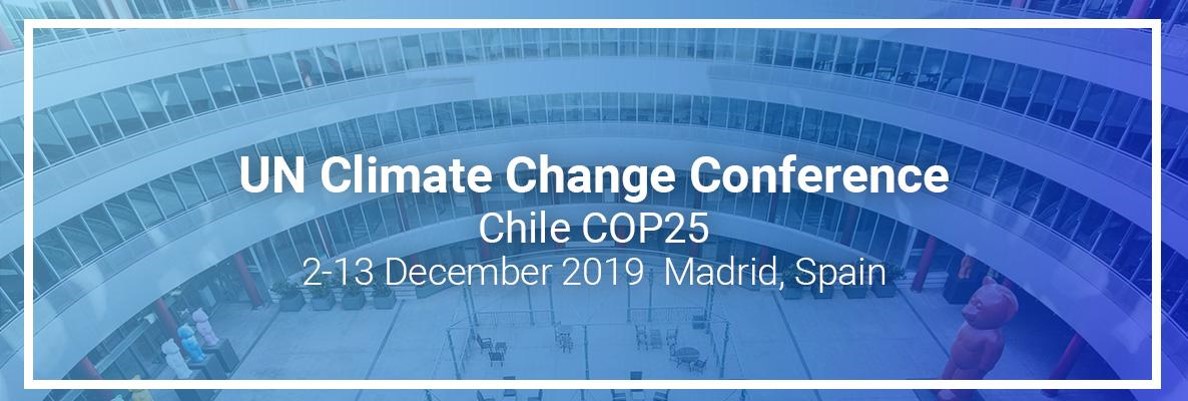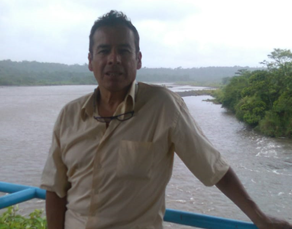CANCELLED | BC3 Seminar: Ecological implications of plants phenotypic plasticity
BC3-Basque Centre for Climate Change Sede Building 1, 1st floor, Scientific Park of the University of the Basque Country, Leioa, Bizkaia, SpainDifferent lines of evidence suggest that divergence in plasticity plays a key role in adaptation to global environmental change. Many scientists argue that genetic variation in plastic responses to the environment (G × E) could be an important predictor of species' vulnerabilities to climate change. But there is not a general pattern among either experimental or theoretical studies. Plasticity acting at the level of the individual is considered a rapid mechanism for surviving under rapidly changing conditions. But plasticity can also retard adaptation by shifting the distribution of phenotypes in the population, shielding it from natural selection. We know that not all plastic responses are adaptive. I will illustrate some examples of ecological traps, and, for the case of plants, the paradoxical decision regarding roots that we are far from understanding and modelling. Plasticity may buy time for populations, but whether it will be enough, given the rate of environmental change, is unknown.
Planetary Health: A Balance between the Welfare of the Planet and that of Human Beings
ISGlobal will be present at the United Nations Climate Change Conference (COP 25), in Madrid, from December 2 to 13, and will organise the parallel event "Planetary health: A balance between the welfare of the planet and that of humans".
Missions in Horizon Europe: design and impact by and for the Spanish society. panel ministry of science, innovation
Maria Jose Sanz, Scientific Director of BC3 will participate in the presentation of the missions and working groups.
BC3 Seminar: “Pueblos y Nacionalidades Indígenas” of the Ecuadorian Amazon, Shuar, Achuar, Zápara and Quichuas
BC3-Basque Centre for Climate Change Sede Building 1, 1st floor, Scientific Park of the University of the Basque Country, Leioa, Bizkaia, SpainAccelerated climate change, especially since the last half of the twentieth century, is an additional challenge for the indigenous peoples of the Amazon, who depend directly on the resources of the territory. These include subsystems like agriculture (itinerant, semi itinerant and localized) art of hunting, art of fishing and silviculture. The space where humans unify themselves with nature (abiotic and biotic) allows the weaving of networks of territoriality, "spatial memory of social and communal time."
Connecting scientific knowledge to implement the PA: The value of trust in international climate research cooperation
What is in the JPI Climate pipeline to implement the Paris Agreement against the
background of the EU Green Deal?
An introduction to the JPI Climate partnership by Chair Frank McGovern and Member of
Executive Committee Antonio Navarra including flashlights on key activities:
Gathering 2 #CAÑASCOP
Café del Espejo (Paseo Recoletos, 31)Madrid hosts from December 2 to 13 the XXV Conference of the Parties to the United Nations Framework Convention on Climate Change, also known as the United Nations Annual Climate Summit, or COP25. The Spanish Foundation for Science and Technology (FECYT) joins this celebration with several activities in different areas of the city.
How tourist islands face the challenges of climate change: clean energy, adaptation and innovation
Participation of researcher Elisa Sainz de Murieta.
Espacio Turquesa, Culminación de COP25
El "Espacio Turquesa" de la COP25 culminara su trabajo el viernes día 13 recogiendo el estado de las negociaciones y transmitiendo a los gobiernos ideas, propuestas y sensaciones de parte de la sociedad civil
BC3 Seminar: Accounting for multi-model ensemble dependence and the Ensemble Dependence Transformation: an application to climate projection.
BC3-Basque Centre for Climate Change Sede Building 1, 1st floor, Scientific Park of the University of the Basque Country, Leioa, Bizkaia, SpainWe introduce the “replicate Earth” ensemble interpretation framework, based on theoretically derived statistical relationships between ensembles of perfect models (replicate Earths) and observations. We transform an ensemble of (imperfect) climate projections into an ensemble whose mean and variance have the same statistical relationship to observations as an ensemble of replicate Earths. We use a ‘perfect model’ approach to test whether this Ensemble Dependence Transformation (EDT) approach can improve 21st century CMIP projections.
“Impacto de los mecanismos alternativos de Financiación de Energías Renovables en España”
Bizkaia Aretoa Conference Hall Avda Abandoibarra, 3, Bilbao, SpainEl desarrollo de renovables que ha sido necesario para el cumplimiento del objetivo de que en el 2020 el 20% de la energía total consumida provenga de fuentes renovables, se financia fundamentalmente a través de recargos en los precios de electricidad, haciendo recaer sobre los consumidores de electricidad una parte importante del esfuerzo en materia de objetivos de renovables.










